Can You Drink Tap Water in Barcelona?
Although tap water is drinkable in Barcelona, you may still wonder if you should drink bottled water instead. Is it safe? How does it taste? Read to find out.
There’s so much to see and do in Barcelona, Spain, the last thing you want to worry about is your drinking water!
Therefore, you’ll be glad to hear that it’s safe to drink tap water in Barcelona!
However, worrying about drinking tap water in Barcelona is a concern many share. Maybe you’ve gotten sick from food or drink on a previous trip. Or, maybe you’re looking to reduce plastic consumption. Saving money on bottled water in Barcelona is also a factor.
Don’t worry, I lived in Spain and have actually been to Barcelona so many times I lost count! So, I know a thing or two about drinking water in Barcelona.
In this post, I’ll review everything you need to know about tap water in Barcelona—from safety to environmental concerns to taste and everything in between.
Can You Drink Tap Water in Barcelona?
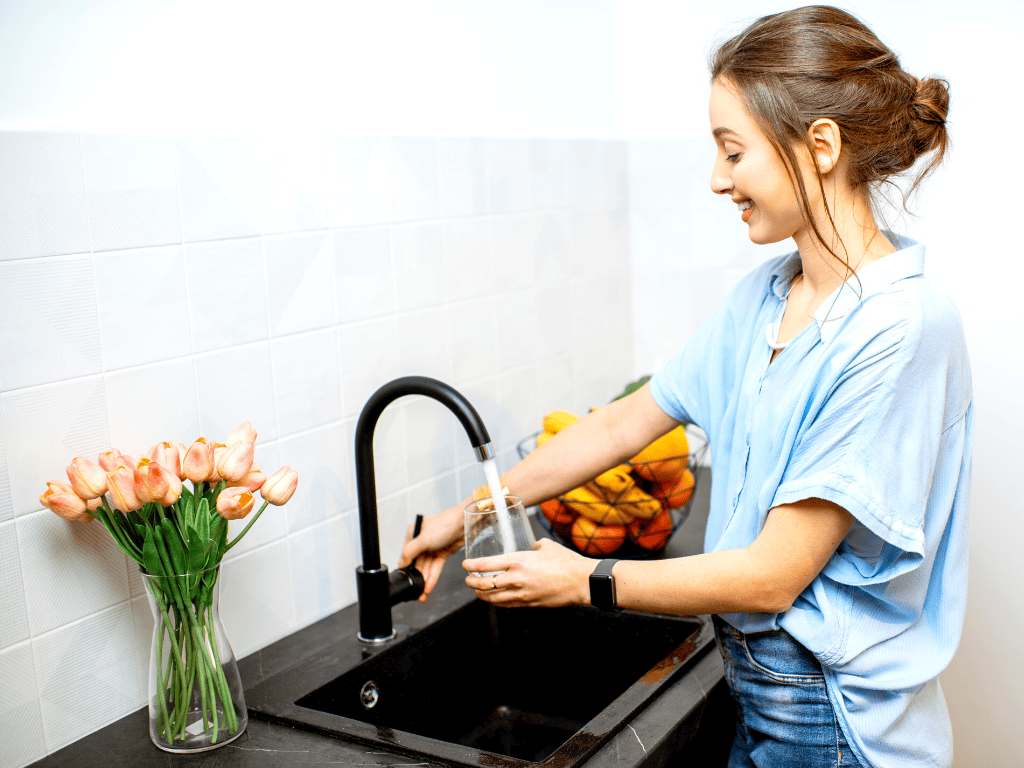
So, is the water in Barcelona safe to drink?
The answer is, yes! Barcelona’s tap water is safe to drink.
According to the Spanish Ministry of Health and Aigües de Barcelona (the water company that services the area), tap water is safe.
Barcelona has a top-notch water filtration and wastewater management system that meets or exceeds all international standards set by the Spanish government, the European Untion, and the World Health Organization (WHO).
(Water isn’t just safe in Barcelona, it’s generally safe to drink in all of Spain—it’s said to be 98.5% safe for human consumption as of 2021.)
To ensure its safety, the water company in Barcelona tests the water constantly, provides water quality reports, and is required to alert consumers of potential non-compliance issues.
While Barcelona’s tap water is drinkable, Catalonia (the autonomous community of which Barcelona is the capital) tends to have hard water because of its high mineral content. Chlorine is added to counteract this—ultimately leading to water that doesn’t take all that great when it reaches your faucet.
Thus, many Catalans drink bottled water because it tastes better (or have the perception that because it tastes bad it must not be clean).
Where Does Barcelona’s Water Come From?
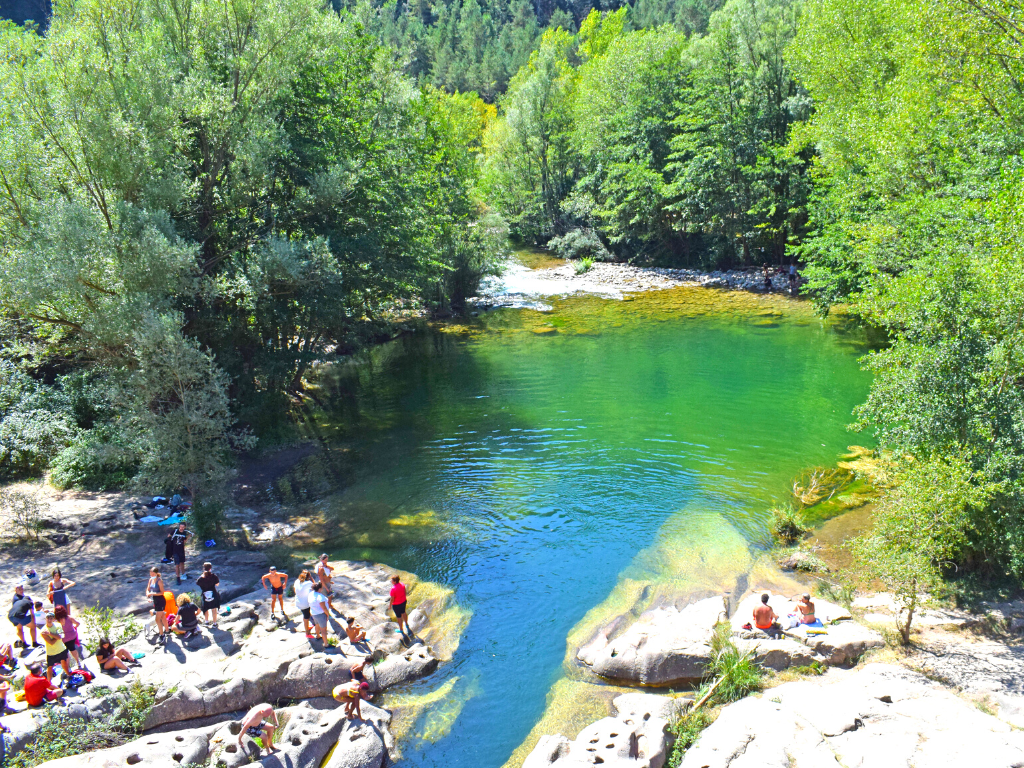
Barcelona has several main sources where it gets its water. Tap water in Barcelona primarily comes from the Llobregat River and to a lesser extent, the Ter River. It also gets some water from the Mediterranean Sea.
Water from the Llobregat River is treated by Aigües de Barcelona (AgBar) at its cutting-edge water treatment plant named (ETAP) in San Joan Despi.
At the plant, the water goes through intense sanitation processes before it makes its way to the city for public use.
In addition, Barcelona boasts one of Europe’s largest desalinization plants. It was constructed to combat water shortage around 2008 but is not used very often. The plant, which is very expensive to operate, can handle about 20% of the city’s water demand.
Why Does Barcelona Tap Water Taste So Bad?
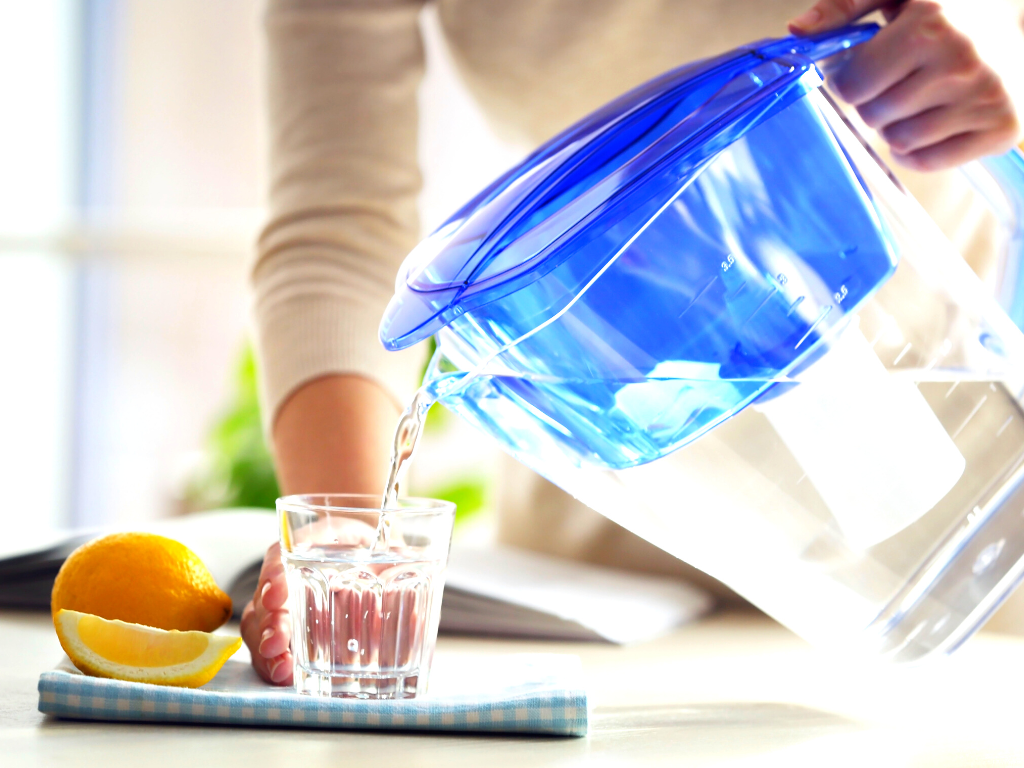
While it’s safe to drink Barcelona water according to industry standards, the taste of Barcelona’s tap water drives many locals to choose bottled water instead.
The bad taste of the water in Barcelona can be attributed to several factors.
Firstly, the water has a high mineral content. The Llobregat, where the majority of Barcelona’s water comes from, passes through a very salty area near the town of Súria. Thus, it picks up minerals including potassium, magnesium, and carbonates.
In addition, pollution can enter the water from industries and farmland along the river.
Water with high mineral content is considered “hard water.” But, contrary to popular belief, it’s not the hardness of the water that makes it taste bad. It’s the chemical process to clean the water that puts the nail in the coffin!
You see, in order to remove some of the saltiness and sanitize the water, Barcelona’s drinking water is treated with an osmosis process and chlorine.
Unfortunately, chlorine is a major contributing factor to the unpleasant taste of faucet water in Barcelona.
It’s important to note that the water flavor in Barcelona can vary since some of the water comes from the Ter River, which is less mineralized. In the case that desalinated water is used, it will also have a different taste.
How Can I Make the Tap Water in Barcelona Taste Better?
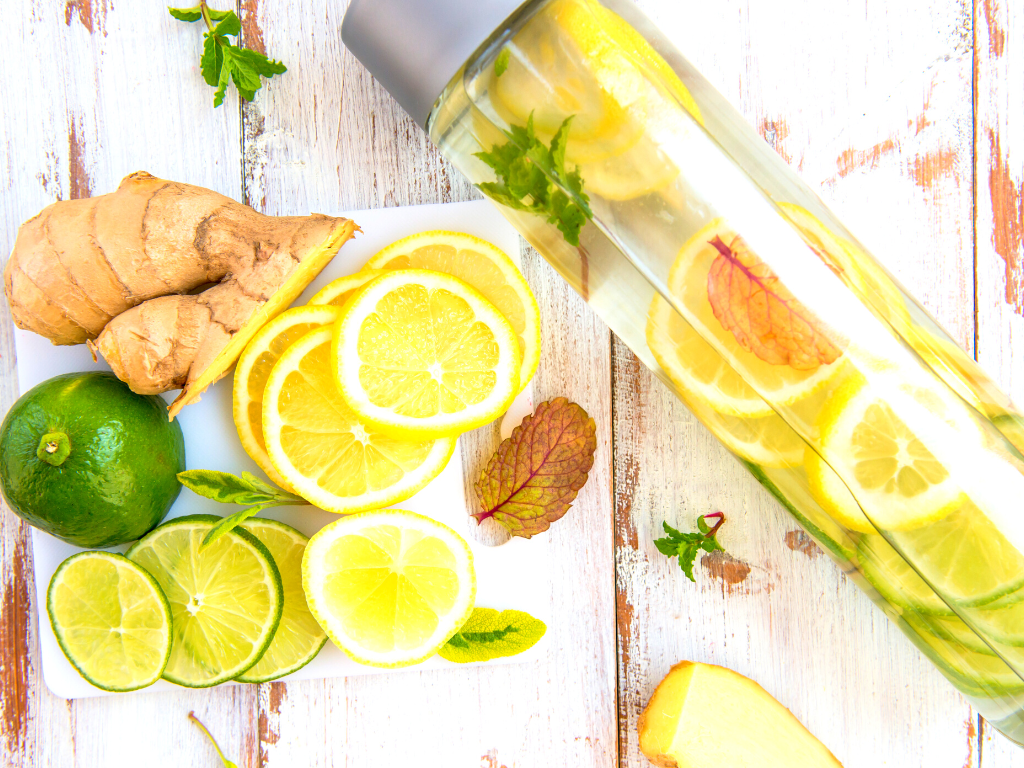
If you want to make Barcelona tap water drinkable (in terms of the water’s taste), there are a few easy steps to take.
Let water sit for 12 to 24 hours: A simple way to purge excess chlorine in tap water is to fill a pitcher directly from the tap and leave it in the refrigerator. After 12 to 24 hours, up to 90% of the chlorine will evaporate, reducing the off-putting flavor significantly.
Invest in a water filter: Water filters not only make water taste better, but they also save on the time and expense of buying, transporting, and storing water bottles. Besides, using a reusable water filter is better for the environment than single-use plastic bottles.
Store water in the fridge: If you’re traveling and have a fridge in your room, store your Barcelona tap water in the fridge for a couple of hours. Cold water always tastes better, we think. Alternatively, add ice, and drink the water when it’s cold.
Add flavor: Consider adding a squeeze of fresh lemon or lime to your water, or infuse it with any other fruit or herbs. Portable electrolyte packets can be helpful for taste, too, with the added benefit of keeping you hydrated on hot summer days in Spain.
What About Bottled Water in Barcelona?
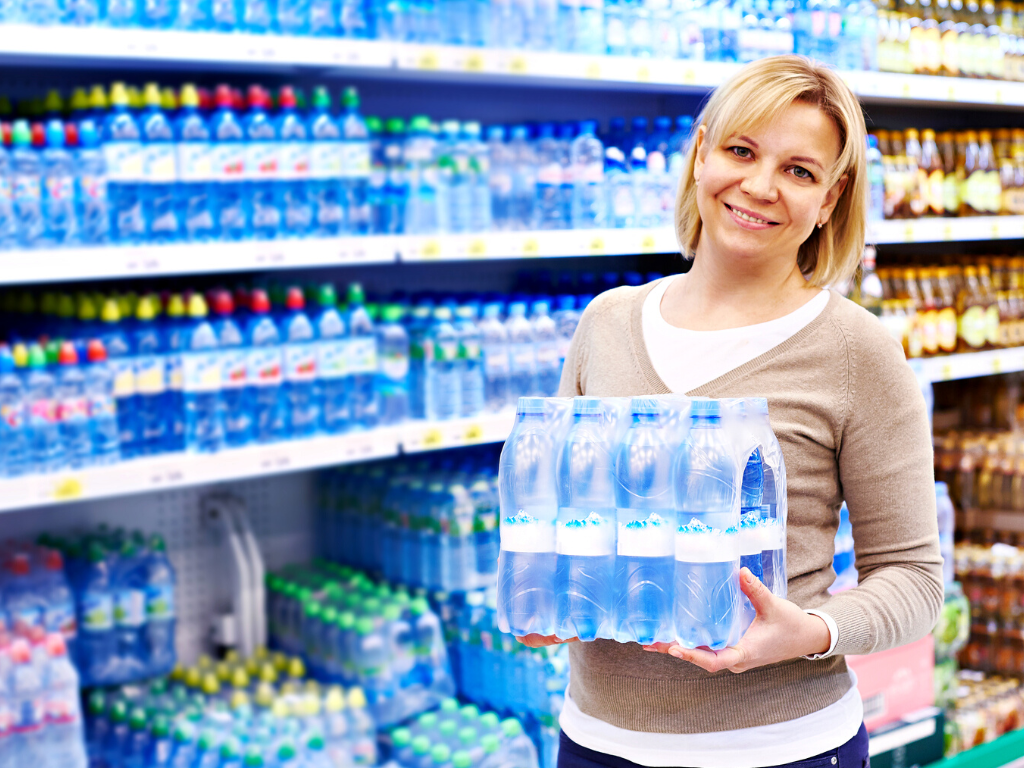
For many Barcelona residents (and tourists) drinking bottled water is a non-negotiable. Since tap water is safe for drinking in Barcelona, it’s up to you whether you choose to drink tap or bottled water in Barcelona.
In this section, we’ll go over some helpful information about bottled water in BCN.
Tap Water Barcelona vs. Bottled Water in Barcelona
Since tap water is safe to drink in Barcelona, affordable, and can be sourced locally why is bottled water consumption in Spain rising?
Well, bottled water tastes better, it’s cheap, and it’s convenient. You can purchase it in any restaurant or store. Plus, health authorities recommend drinking 64 oz (1.89 l) of water a day.
Despite the belief that bottled mineral water is superior, many experts say there’s no scientific evidence that bottled water is healthier or safer than tap water. (In fact, it may be the opposite!)
While bottled water is held to high safety standards, it’s important to realize that there can be issues, too. For example, an April 2016 Norovirus outbreak in Catalonia was traced back to bottled water from an Andorran spring!
To sum up, bottled water very likely isn’t any better than tap. But, it’s still up to you what to consume and why.
Where to Buy Bottled Water in Barcelona
If you prefer drinking bottled water, you can easily find an entire row of water bottles in any grocery store, large or small.
At the grocery store, you can buy a pack of bottled water in Barcelona or you can buy individual bottles.
You can also buy bottled water at kiosks or small shops in tourist areas and at restaurants.
Bottled mineral water in Barcelona is generally affordable as well. 1.5 liters costs less than $0.83 (0.75€). However, tourist areas and restaurants tend to charge more.
Make sure to pay attention to the label when shopping for mineral water in Barcelona. You’ll have a choice between still (agua sin gas) and sparkling water (agua con gas), and you’d hate to get the wrong one!
What is the Best Bottled Water in Barcelona?
Several mineral water brands are popular in Barcelona. Some of the well-known Spanish bottled water brands include:
- Vichy Catalan: Carbonated mineral water with a distinctive taste and effervescent quality from Catalonia.
- Bezoya: One of the most recognized mineral water brands in Spain, known for its high-quality water sourced from the mountains.
- Lanjarón: Pure and refreshing; sourced from the Sierra Nevada.
- Solán de Cabras: Sourced from the Cuenca region, it has a smooth taste and unique mineral composition.
- Font Vella: A very popular choice for its refreshing taste, sourced from natural springs.
Water Filters for Tap Water in Barcelona
Water filters are a reliable and cheap solution for improving tap water taste and water quality in Barcelona. Let’s look at some of the available water filter options and potential contaminants.
What are the potential issues with tap water in Barcelona?
Although it’s safe to drink the water in Barcelona, there are three potential issues: microplastics, pipe corrosion, and THM.
Microplastics are an ongoing concern for European tap water, including Barcelona’s. In fact, a recent study showed that 80% of all the tap water in Europe contains microplastics!
Aigues de Barcelona’s water treatment process filters out microplastics, but the company has acknowledged their potential presence in local tap water. Microplastic levels in tap water are lower than those found in bottled water, and the WHO says there are no known health risks yet to humans.
Contaminants from pipe corrosion could also cause tap water contamination (think copper, lead, biofilms, and, once again, microplastics).
Lastly, the Spanish water supply is at risk of unwanted THMs, an unwanted byproduct of chlorine, especially when compared to the rest of the EU.
On the whole, drinking water contamination is unlikely, but an affordable water filter could help ease your mind if concerned.
Water Filters in Barcelona
If you live in Barcelona, you may want to consider installing a filter on your water faucet. These will purify your water and improve the taste, not to mention reduce plastic waste and eliminate the need to carry and store heavy bottles every week.
These professional filters are designed to eliminate unwanted tastes, odors—such as chlorine—and contaminants like microplastics, lead, and pesticides, among others.
Additionally, you can save money over time compared to purchasing bottled water. The average household in Spain spends about $350 (€320) per year on bottled water. In comparison, a water filter could cost as little as $88 (€80) annually!
Companies like TAPP Water and Aquavitae Laboratorio specialize in providing water filters in Barcelona and all of Spain (as well as other countries in the EU).
Best Water Filter Bottles for Barcelona
While water filter bottles aren’t necessary for travel in Barcelona, they’re a good investment for travelers who want better-tasting water on the go.
Depending on the bottle you choose, you can eliminate bacteria, chemicals (including chlorine), and microplastics. Some also help with taste.
Water Shortage in Barcelona
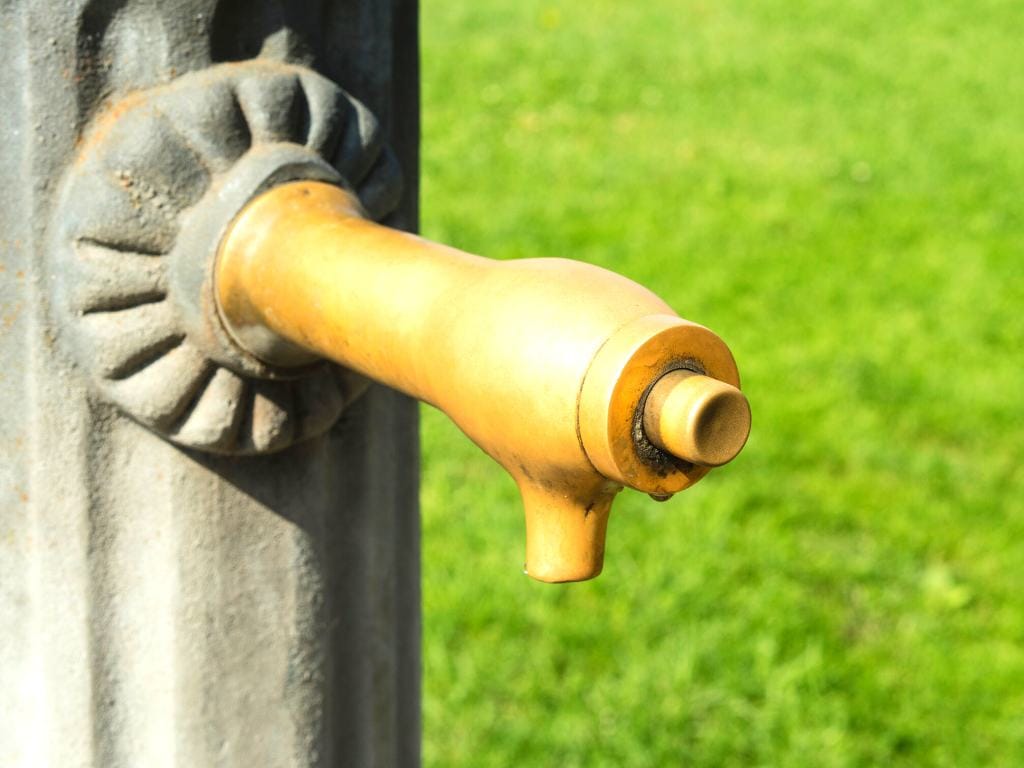
Despite investing billions of dollars into one of the most advanced water filtration systems in the world, Spain is facing water shortages caused by a years-long drought.
The current drought has hit Catalonia especially hard—it’s the worst drought the region has seen in 100 years! While the lack of rainfall affects agriculture in Catalonia’s countryside, it’s effects trickle into Barcelona, as well.
Typically, April rain helps to fill the water reservoirs and wells, but April 2023 was significantly dry. Even worse, the Llobregat River was at just 27% capacity in May 2023.
To address the water shortage in Barcelona, the government is allotting 2.5 billion euros to double water production and enhance water filtration.
The Barcelona City Council has also put strict measures into effect to combat the ongoing drought. For example, you might notice many fountains in Barcelona aren’t running, including those at the beach meant to wash sand off your feet.
As a guest in Barcelona, do your best to conserve water. We recommend asking your hotel reception what you can do to be a part of the solution—even if it’s just taking shorter showers during your stay.
Can You Drink Tap Water in Spain (Barcelona): FAQ’s
Is it safe to drink ice in Barcelona?
Seeing as tap water in Barcelona is safe to drink, it’s okay to have ice in Barcelona. In general, ice cubes in Barcelona will come from two places: from the tap or from ready-made bags. The ice served in restaurants and bars typically comes from store-bought bags which are considered safe since they are subjected to health and safety regulations similar to bottled water. Other hotels and restaurants use filtered water to make ice.
Are the water fountains in Barcelona drinking water?
Yes, you can typically drink from public water fountains in Barcelona. The fountains should be maintained and regularly checked for water quality. However, it’s a good practice to visually inspect the fountain and use good judgment. If you don’t feel comfortable drinking directly from the fountain, you can use bottled water or a personal water bottle with a filter. If a water fountain is not potable (unsafe to drink), it will be clearly marked.
Can you brush your teeth with tap water in Barcelona?
Yes, you can safely brush your teeth with tap water in Barcelona. The tap water is treated and meets safety standards for consumption, which includes brushing your teeth. However, if you have a particularly sensitive stomach or are concerned about the taste or quality of the water, you might prefer to use bottled water for brushing your teeth during your stay.
Can English people drink tap water in Barcelona?
Yes, both English people and Americans can drink tap water in Barcelona. According to the Spanish Ministry of Health and Aigües de Barcelona (the water company), the water that comes from the tap is potable (drinkable) for all residents and guests.
How do you order tap water in Barcelona?
While some restaurants in Barcelona already served tap water upon request, a Spanish law passed in April 2022 requires all eating and drinking establishments to provide free tap water to guests. To order tap water in Barcelona, simply ask for “agua del grifo.”
Last Words: Is Tap Water Safe to Drink in Barcelona?
While water is safe to drink in Barcelona, individual preferences and sensitivities vary. Bottled water or water filters are good options if you’re still concerned!
More Articles on Spain
- 10 Free Printable Traveling Coloring Pages w/Quotes
- What is the Legal Drinking Age for Spain? (2024)
- What Plug Does Spain Use? (Travel Adapter for Spain)
- Can You Drink the Water in Spain? Tap Water in Spain 101
- Discover Cars Review: Is Discover Cars Legit? (2024)
- Spain in August: Weather, Festivals & Best Places to Go 2024
- Spain in July: Weather, Where to Go, & Travel Tips (2024)
- Summer in Spain Travel Guide: What to Do & Visit in 2024
- Spain in June: Weather, Where to Go, & What to Do
- 13 Easy Tips for Overnight Flights: How to Sleep on a Plane
